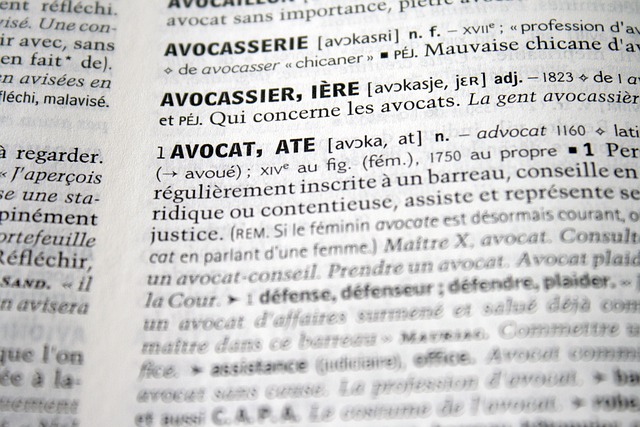Understanding child support rights and obligations is crucial for parents to secure their children's financial stability and well-being. Both parents have joint legal duties to provide support, covering essential needs like food, shelter, healthcare, and education, both financially and through a nurturing environment. These support responsibilities are outlined in legal agreements or court orders, with parents having the right to be involved in arrangements through communication and adhering to plans. Knowing their child support rights and parental obligations is vital for maintaining a stable environment and promoting balanced child rearing. Parents should educate themselves about these duties to ensure their children's future.
In the intricate landscape of family law, understanding child support arrangements is paramount. This article delves into the crucial dynamics between rights and duties, shedding light on the legal obligations and parental responsibilities that underpin support systems. We explore “child support rights” and “support responsibilities,” providing an “overview for parents” to navigate this essential aspect of their lives. By understanding the “legal duties support” and “parental obligations support,” families can foster a stronger, more informed connection.
- Understanding Child Support Rights and Obligations
- Legal Duties and Parental Responsibilities in Support Arrangements
- Navigating Support Rights: An Overview for Parents
Understanding Child Support Rights and Obligations

Understanding child support rights and obligations is crucial for ensuring a secure financial future for children. Both parents have legal duties to provide support, which includes meeting the basic needs of their offspring, such as food, shelter, clothing, healthcare, and education. This encompasses not only direct monetary contributions but also the responsibility to maintain a stable and nurturing environment.
Child support rights are designed to safeguard the best interests of the child, ensuring they receive the resources necessary for healthy development. Parents have the right to know and be involved in these arrangements, which may involve regular communication with the other parent, attending court hearings if needed, and adhering to the established support plan. An overview of these rights and obligations is essential for parents to navigate their roles effectively and foster a child’s well-being.
Legal Duties and Parental Responsibilities in Support Arrangements

In child support arrangements, both parents bear legal duties and parental responsibilities that are crucial for the well-being and development of their child(ren). Understanding these obligations is essential for ensuring a stable and nurturing environment for the child. The child support rights and responsibilities are typically outlined in legal agreements or court orders, which detail specific financial and non-financial duties.
Financial responsibilities often include regular payments to cover the cost of the child’s upbringing, such as expenses related to food, clothing, education, healthcare, and housing. Non-financial duties encompass shared parenting time, decision-making regarding significant aspects of the child’s life, and ensuring access to necessary resources and support. Both parents have a collective parental obligation to provide love, care, guidance, and stability, fostering a healthy relationship with the child. An overview of these rights and responsibilities helps maintain a balanced approach to child rearing and promotes the best interests of the child.
Navigating Support Rights: An Overview for Parents

Navigating the complex world of child support can be challenging for parents, especially when trying to understand their respective rights and responsibilities. It is crucial for both mothers and fathers to grasp the concept of support rights and duties to ensure a stable and healthy environment for their children. The legal framework surrounding child support varies across jurisdictions, but certain fundamental principles remain consistent.
Parents have a natural inclination to provide for their offspring, and legal duties support this instinct by outlining specific obligations. These include ensuring access, maintaining financial stability, and promoting the overall well-being of the child. Understanding one’s support rights involves recognizing the ability to seek or receive financial contributions, as well as the right to make joint decisions regarding significant aspects of the child’s life. By educating themselves on these matters, parents can actively participate in shaping their children’s future and fulfill their parental obligations effectively.






